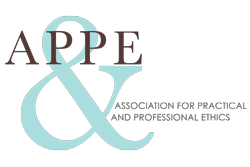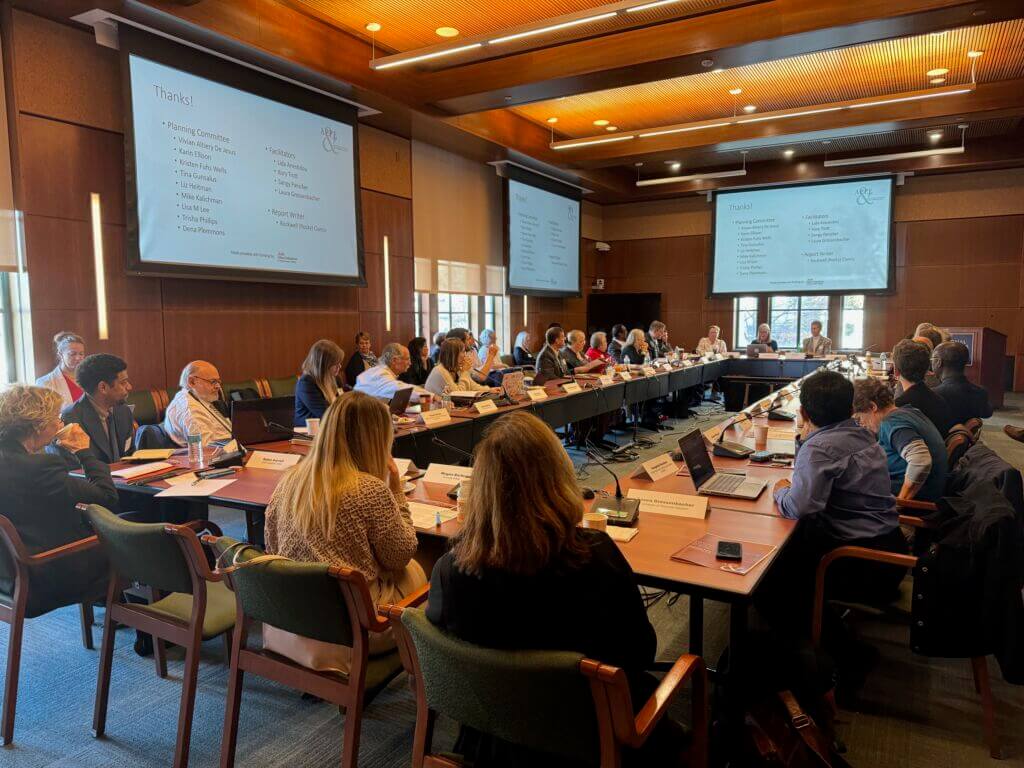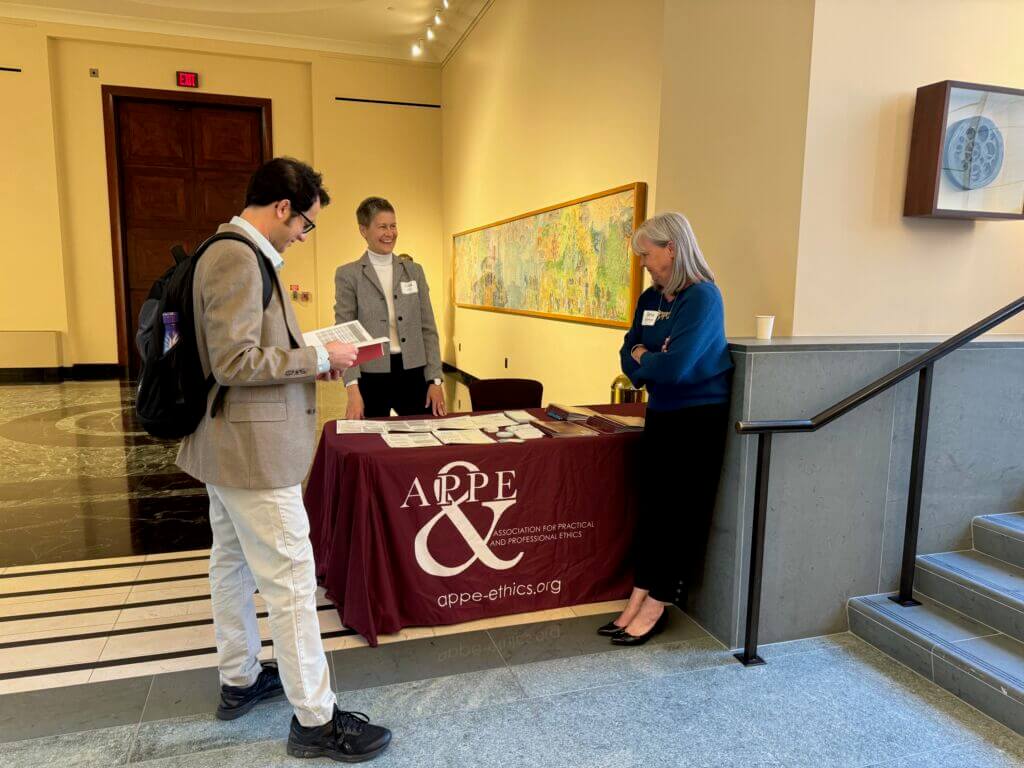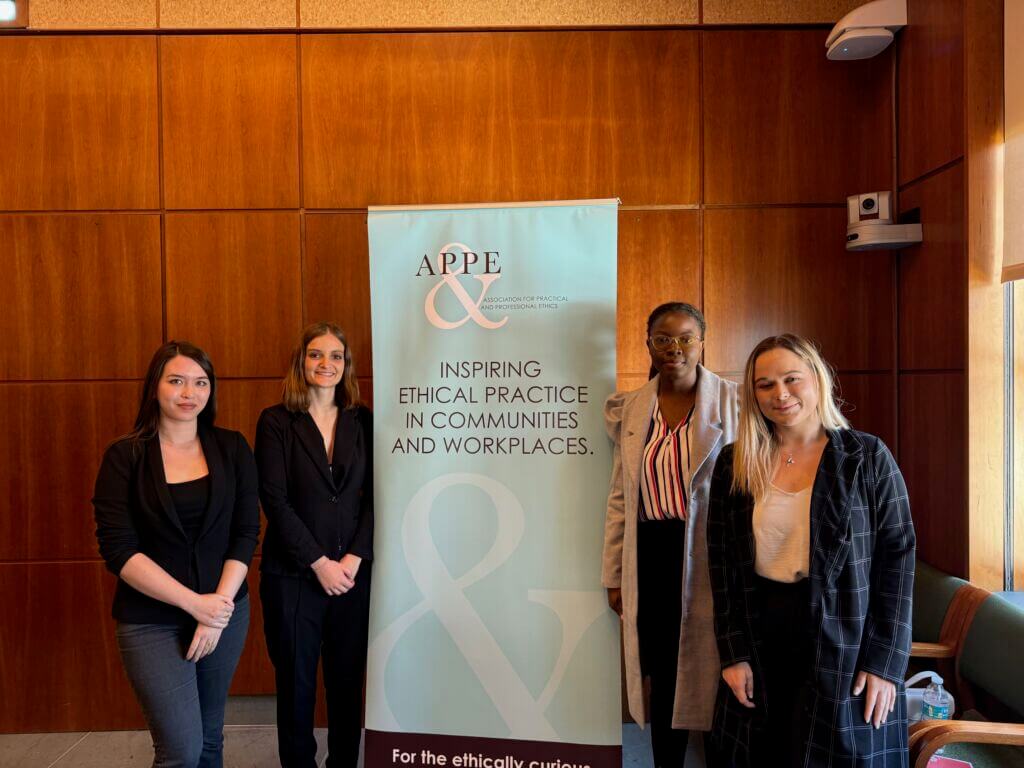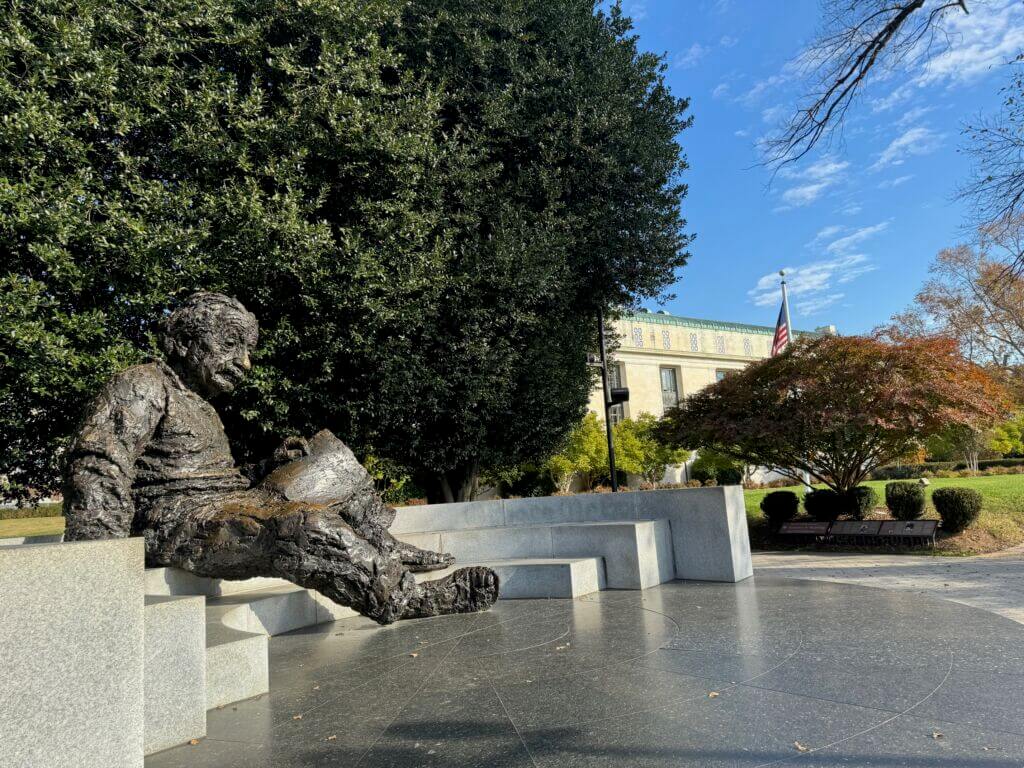Improving Research Integrity:
The Role of Accountability Across the Research Enterprise
A Report from the National Dialogue on the State of Research Integrity
The Association for Practical and Professional Ethics (APPE) held a National Dialogue on the State of Research Integrity Education at the National Academies of Sciences, Engineering, and Medicine in Washington DC, November 8-9, 2023. The aims of the Dialogue were to (1) characterize historical and current approaches used to teach responsible conduct of research (RCR) and build cultures of research integrity, and (2) propose strategies to strengthen the network of accountability within and between relevant partner sectors.
RCR education policy and practice has typically been narrowly focused on the individual trainee or researcher, and on the prevention of research misconduct. However, the responsible conduct of research depends on a broader conceptualization of research integrity which requires responsible research cultures. This, in turn, requires the committed engagement of various vested partners across the research enterprise.
APPE convened leading scholars in the field of research integrity education as well as vested partners essential to responsible research. These partners included research universities, federal grant-making agencies, higher education accreditation bodies, and disciplinary and multi-disciplinary professional societies. These partners bear responsibility, both individually and as part of a network of accountability, for efforts to promote research integrity and cultivate robust and responsible research environments.
We collectively examined the history of RCR education requirements, as well as the assumptions on which those requirements were based; the continuing challenges to providing robust and meaningful RCR education and creating responsible research cultures; and examples of specific approaches meant to address some of those challenges. Based on these discussions, and considering the deliberations of the breakout groups, we identified and formulated strategies that each partner sector can adopt by themselves and in cooperation with each other to strengthen the network of accountability for research integrity. Making and sustaining such changes in RCR education is a difficult task. It requires the separate and collective actions of numerous partners in the research enterprise. Only by involving these partners and coordinating their actions can RCR move beyond education to the creation of cultures of research integrity.
Strategies for Federal Grant-Making Agencies
- Reframe their commitment to the responsible conduct of research as a positive and broad obligation rather than merely the avoidance of research misconduct.
- Hold research institutions accountable and their leadership responsible for complying with the institutional assurances they submit or certify to funders.
- Require a description of policies, programs, and resources related to institutional cultures of research integrity, including RCR educational programs, in all funding proposals.
- When research misconduct or other violations of research integrity occur, consider reducing or otherwise mitigating institutional penalties if an institution has strong research integrity initiatives in place.
Strategies for Research Institutions
- Conduct periodic internal, institution-wide inventories of RCR programs.
- Assess the cost of effective RCR education and programming and commit appropriate funding and resources.
- Provide and encourage participation in appropriate, tailored, and engaging RCR training for all who are engaged in research.
- Seek guidance from the community of research integrity scholars, such as the APPE Research Integrity Scholars and Educators (RISE) Consortium, on best practices related to research integrity education.
- Leverage existing tools to conduct periodic assessments of both the research integrity climate on campus and the effectiveness of RCR training programs.
- Assess existing – or if none exist, consider developing – institutional policies, practices, and resources for protecting students and trainees in unhealthy research environments.
Strategies for Accreditation Bodies
- Review policies and incorporate opportunities to hold institutions accountable for creating and maintaining effective responsible conduct of research programming.
- Appropriately train peer evaluators and others who participate in accreditation assessments to ask questions about RCR education requirements and training programs.
- Confidentially explore student, trainee, and early career faculty experiences with respect to the integrity of their training environments and institutional climate/culture.
Strategies for Professional Societies
- Convene a working group to examine current and emerging ethical issues in the discipline, and assess whether the association has communicated relevant accepted norms of ethical research practice to their community.
- Provide and regularly update disciplinary resources to support education and practice in responsible conduct of research.
- Develop mechanisms to recognize exemplary research integrity programs and practices.
- Highlight topics related to responsible research in conference sessions and plenary presentations.
- Collaborate with cognate associations to encourage interdisciplinary work on research integrity.
- Recommend that accreditation bodies include research integrity education as part of their accreditation criteria.
- Incorporate explicit expectations of research integrity in the submission guidelines of journals published by professional societies.
Want to learn more?
Media inquiries: Please contact APPE Executive Director, Kristen Fuhs Wells, at kristen@appe-ethics.org.
If you are interested in more information or resources, the Association for Practical and Professional Ethics Research Integrity Scholars and Educators (APPE RISEsm) Consortium can help. Learn more and reach out to Chair Trisha Phillips (Trisha.Phillips@mail.wvu.edu).
